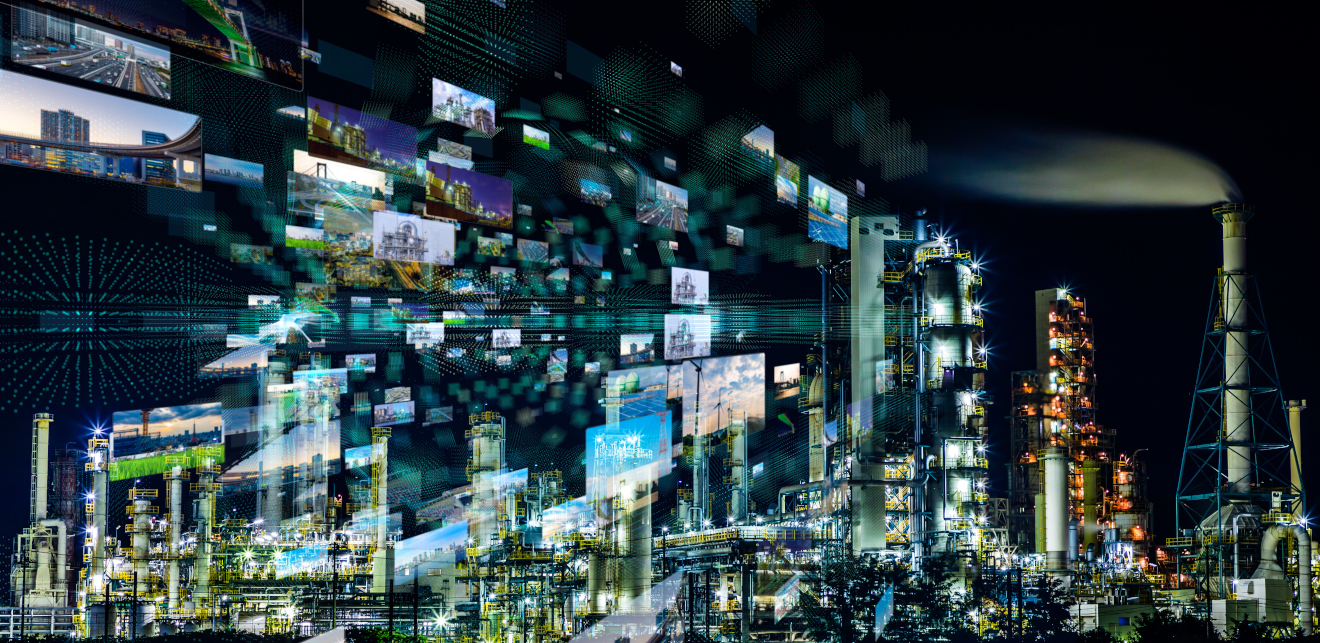News
- The submission system is open
- The date of the workshop is Monday, the 9th of September
- We are happy to have Dominik Grimm and Venkat Venkatasubramanian as invited speakers in our workshop!
- We are happy to announce that Felix Strieth-Kalthoff will be an invited speaker at the workshop!
- The deadline is extended by one week.
- The program flyer with all poster numbers can be found here.
Workshop Summary
Chemistry, as one of the basic natural sciences, defines the fundamental concepts for many other fields, like medicine, pharmacy, and biotechnology, whereas chemical engineering deals with the technical realization of these concepts in (industrial) processes. Both fields have, over centuries, acquired an exceptionally deep and broad body of domain knowledge, including fundamental natural laws, sophisticated mechanistic models, and rich human expertise and experience. However, machine learning (ML) is rapidly transforming research in these fields: representation learning, graph neural networks, and transformers are already outperforming the best established models for predicting thermodynamic properties, reinforcement learning enables the identification of new attractive process routes, and ML force fields accelerate molecular simulation beyond what was possible before. While leading conferences and journals in these fields receive increasing numbers of contributions employing ML algorithms, there has been little exchange between domain experts and the core ML research community so far. In contrast to fields like biology, physics, or medicine, the core problems from chemistry and chemical engineering are relatively unknown in the ML community, with molecular design being one of the few exceptions.
Chemistry and chemical engineering offer exceptional challenges for developing ML models. Data are often sparse, heterogeneous, correlated, and often have high uncertainties, not to mention that they are frequently unstructured. Nevertheless, there are exceptionally high demands on ML methods in chemistry and chemical engineering. Models must be extremely reliable: if a chemical reaction or plant does not behave as predicted, this can have disastrous consequences for humans and the environment. They must also be interpretable and explainable by humans to be accepted in practical applications. Chemistry and chemical engineering provide a vast body of physical and chemical domain knowledge, ranging from (strict) laws of nature and boundary conditions to (soft) empirical correlations, and human experience. Therefore, an increasing number of hybrid (ML + domain knowledge) models are being developed in these fields.
To sum up, chemistry and chemical engineering offer a unique set of problems, applications, datasets, and unparalleled domain knowledge that simultaneously require and enable the development of specialized ML methods. Surprisingly, there has never been a workshop on a premier ML conference at the intersection of these fields so far. By fostering communication and interdisciplinary research in this area, we aim to close this gap, enrich both fields and allow a broader community to work on the problems necessary to chemistry and chemical engineering. As the first workshop of this type, we keep its scope broad on purpose: fields of applications might include property prediction, force field development, molecule discovery and design, equation discovery, or automation and anomaly detection in chemical processes. However, we explicitly encourage submissions with other focuses.
Speakers
TBA
Organizers
Call for Papers
As the first workshop of this type, we keep its scope broad on purpose: fields of applications might include property prediction, force field development, molecule discovery and design, equation discovery, or automation and anomaly detection in chemical processes. However, we explicitly encourage submissions with other focuses.
ML methods of interest include but are not restricted to:
- Soft-constraint methods like physics-informed neural networks (PINN)
- Novel hard-constraint model architectures
- Koopman-inspired neural networks
- Neural ordinary differential equation solvers
- Anomaly detection methods
- Representation Learning and Generative models
- Graph-based models
- Deep symbolic regression
- Interpretable and explainable ML
Application fields include but are not restricted to:
- Prediction of thermophysical properties of pure substances and mixtures
- ML for force field development
- ML for accelerating quantum-chemical calculations
- Molecule discovery and design, e.g., for novel drugs or solvents
- Equation discovery
- Prediction of synthesizability
- Process control and automation
- Fault and anomaly detection in chemical plants
Agenda (Program Flyer):
Submission Instructions:
We accept both full papers of new original ideas and extended abstracts, which can include already published work that is of interested to the wider ML community. Papers that are accompanied by newly published datasets are also encouraged. Papers can either introduce new ML methods or new ways of applying existing ML methods to new problems (application papers). Full papers should follow the Springer format of regular ECML submissions and be no longer than 16 pages (including references), whereas extended abstracts should follow the same template and be no longer than 4 pages excluding references. Extended abstracts should include a link to the original publications if applicable. Among both, extended abstracts and full papers, we will select the best submissions for presentation as a talk and the rest of accepted submissions will be presented as a poster. There will be a dedicated poster session at the workshop itself.
Note, that you are free to submit full papers shorter than 16 pages, just not longer than that. The Workshops and Tutorials will be included in a joint Post-Workshop proceeding published by Springer Communications in Computer and Information Science, in 1-2 volumes, organised by focused scope and possibly indexed by WOS. Papers authors will have the faculty to opt-in or opt-out. Submitted papers should be anonymized without including any personal or institution information. We will ensure a double-blind peer review process, where papers are not evaluated by someone within the same organization. We encourage high-quality submissions, which should be compelling and high-impact relevance to Machine Learning for Chemistry or Chemical Engineering. There will be a best paper award with support by the Carl Zeiss Foundation. Additionally, excellent papers in the Chemical Engineering domain will be recommended for inclusion in a special issue of the Computers and Chemical Engineering journal. The link to the submission site is https://cmt3.research.microsoft.com/ECMLPKDDWorkshops2024/.
Important Dates are:
- Submission Deadline:
June 15thJune 22nd, 2024 - Author Notification: July 15th, 2024
- Camera Ready: August 4th, 2024
- Workshop Date: September 9th, 2024, 9am to 6pm











